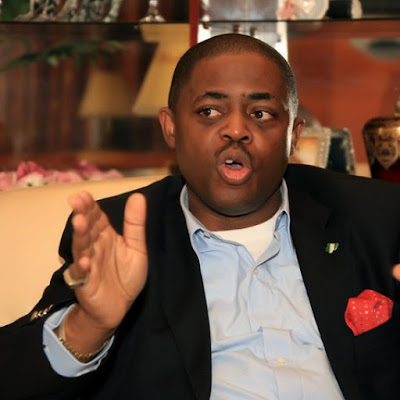By Suraj Oyewale
Abdulhakeem is the name of my two-year-old son,
but we fondly call him Baba from birth due to his resemblance of his
grandparents. At the height of President Muhammadu Buhari’s popularity
before and shortly after the March 2015 presidential elections, my neighbors
added ‘Sai’ to this alias, to form ‘Sai Baba’, the phrase used to hail
President Buhari, which means ‘only Baba’.
 |
| *Buhari |
A few days ago, while having a walk on my street with the
boy, I came across two of such neighbors, and while one, as usual, was hailing
my boy as ‘Sai Baba’, the other interjected, with fury: “Please don’t call the
boy Sai Baba again, Sai Baba is in Abuja
I walked away thinking: So this is how life is? The same Buhari that
these gentlemen were proud of just last year to voluntarily want to share name
with, is now the man they despise so much that they don’t want their neighbor’s
beloved son to take after again? The reason is simple: they had just come back
home after hours of queuing and fighting at the fuel station to buy petrol to
fill their generator, which is what they had to resort to due to the power
outage they had been experiencing for weeks. They had thought that, with Sai
Baba in power, the era of spending hours at the filling station was over, or
that there would not even be the need to resort to their generator every day.
The above experience is one of the many I come across everyday in
the last three months. From the market woman in Obalende to the tricycle
operator in Ajah, the story has been the same: things are hard, this is not the
change we voted for, we expected a better deal from Sai Baba.
Expressing my worry to a Buharist friend, he tried to downplay this
pulse of the street, I dared him to go the nearest newspaper stand or board a
BRT from any point in Lagos
As someone that believed in the Buhari project and expended a great
deal of intellectual resources to actualize a Buhari presidency, I owe it a
duty to express my worry through the same open medium I used to sell him.
The common men on the street are the easiest to lose support of,
because they’re usually unidirectional, and they care probably only for things
that affect them directly. The trader in Isale Eko or the barber’s shop
operator in Apapa does not care whether one looting general is going to prison,
he only cares about fuel availability, transport fare, power supply and water –
at least, before anything else. Herein lays the problem with the current trend
of things.


















